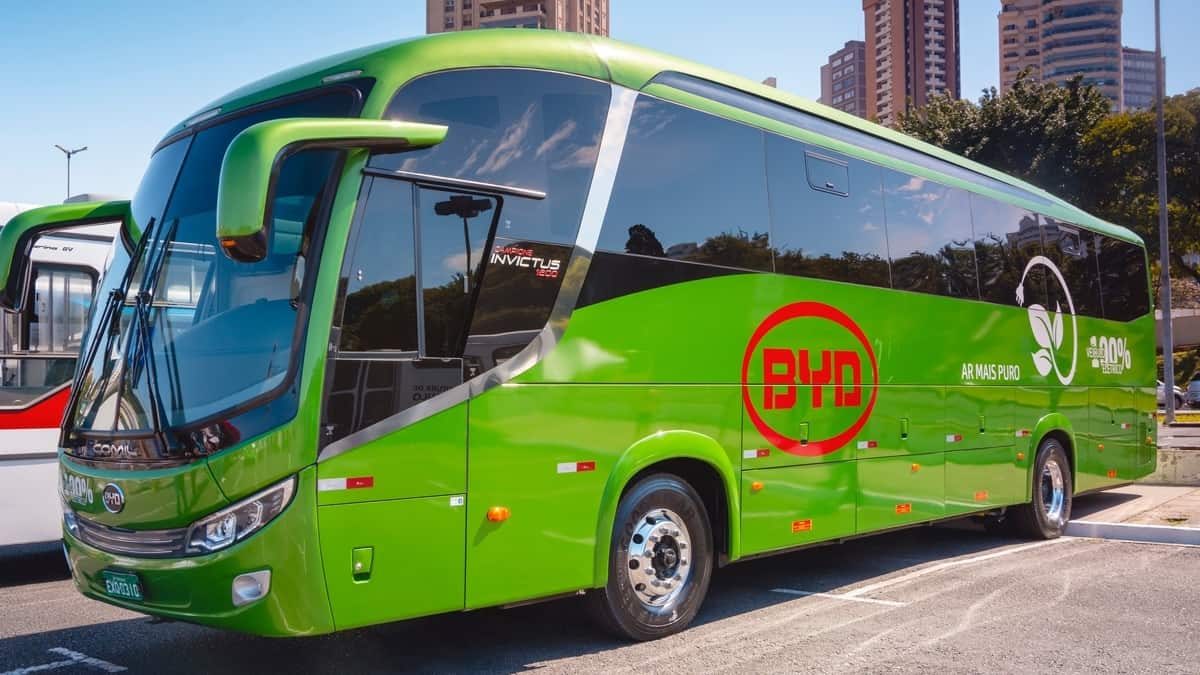BYD has invested RMB 2 billion ($300 million) in one of the largest lithium suppliers in China, as reported by CnEVPost. This significant investment is part of the Chinese EV and power battery giant’s effort to secure the supply of essential raw materials for its operation.
On December 6, Shenzhen Chengxin Lithium Group (SHE: 002240) announced the successful completion of its private offering of shares to BYD. Through this strategic investment, the Chinese battery and electric vehicle giant now holds the third-largest stake for about 5.11% (46.6 million) in Chengxin.
About Shenzhen Chengxin
Shenzhen Chengxin Lithium Group was established on December 29, 2001. Its initial headquarters were in Shenzhen. However, it declared on April 20 that its offices had been relocated to Chengdu, Sichuan province.
Chengxin is among the leading lithium producers in China. Remarkably, it generated a net profit of RMB 4.35 billion during the first three quarters of 2021, attributable to the listed company’s shareholders. This amount represents a seven times YoY growth.
BYD has relied on Chengxin as a long-term supplier of lithium products. From January through November of this year, sales to BYD totaled RMB 3.02 billion.
Since May 18, BYD has reportedly acquired lithium products from Shenzhen Chengxin for RMB 436 million, per the Chinese EV maker. According to the report, BYD chose Chengxin as a partner because Chengxin’s non-independent director election on May 17 saw BYD’s board secretary Li Qian elected.
Purpose of the investment
BYD aims to improve its supply chain security with its significant investment in one of China’s lithium sources. The Securities Times cited an industry source and stated that BYD expected the partnership to secure the supply of strategic resources in times of shortage.
The source further claimed that the partnership is an attempt by BYD to strengthen its position in the supply chain for power batteries.
Lithium carbonate status in China
For reference, the cost of battery-grade lithium carbonate in China reached a high of RMB 600,000 per ton in the second week of November. The amount is already ten times the cost from two years prior.
However, lithium carbonate prices have recently started to slow down and stabilize. Furthermore, upstream raw material merchants are beginning to relax their demands. In fact, Morgan Stanley claimed that 2023 could see a massive change in lithium prices. He explained on a research note released on November 28 that it would occur as supply catches up to demand due to constraints from demand growth.
The American multinational investment bank estimates lithium carbonate prices in China will be $67,500 per ton in the first half of 2023. Meanwhile, it would drop to $47,500 per ton in the second half. These price changes are estimated to represent a 35% decline from price levels.
Outcome
BYD’s reported investment in China’s leading lithium source is indeed a smart move that can help the Chinese automaker avoid possible challenges in sourcing the critical mineral for its EV batteries. It could also bring in more profit as the automaker would not need to source lithium from other companies.

